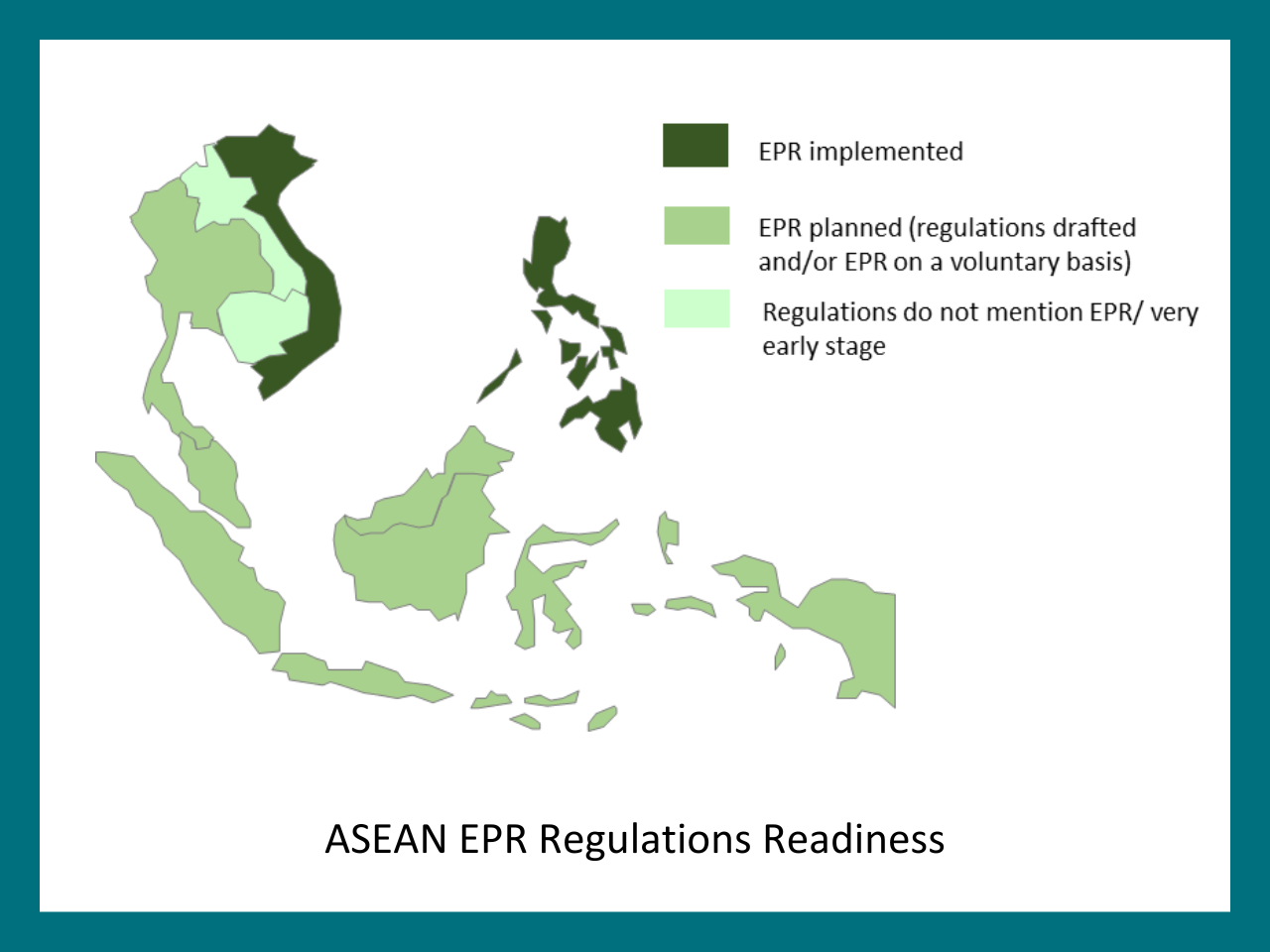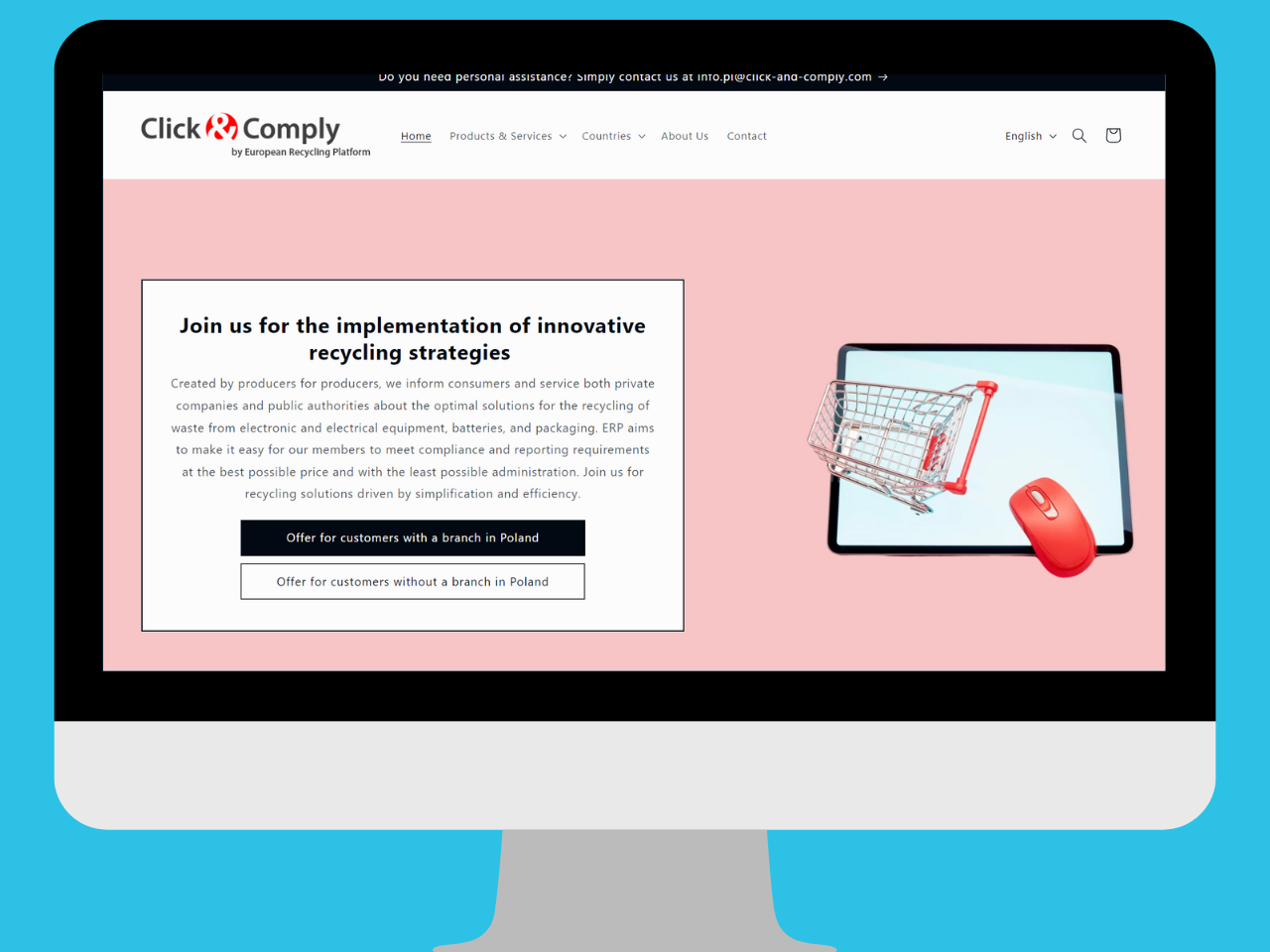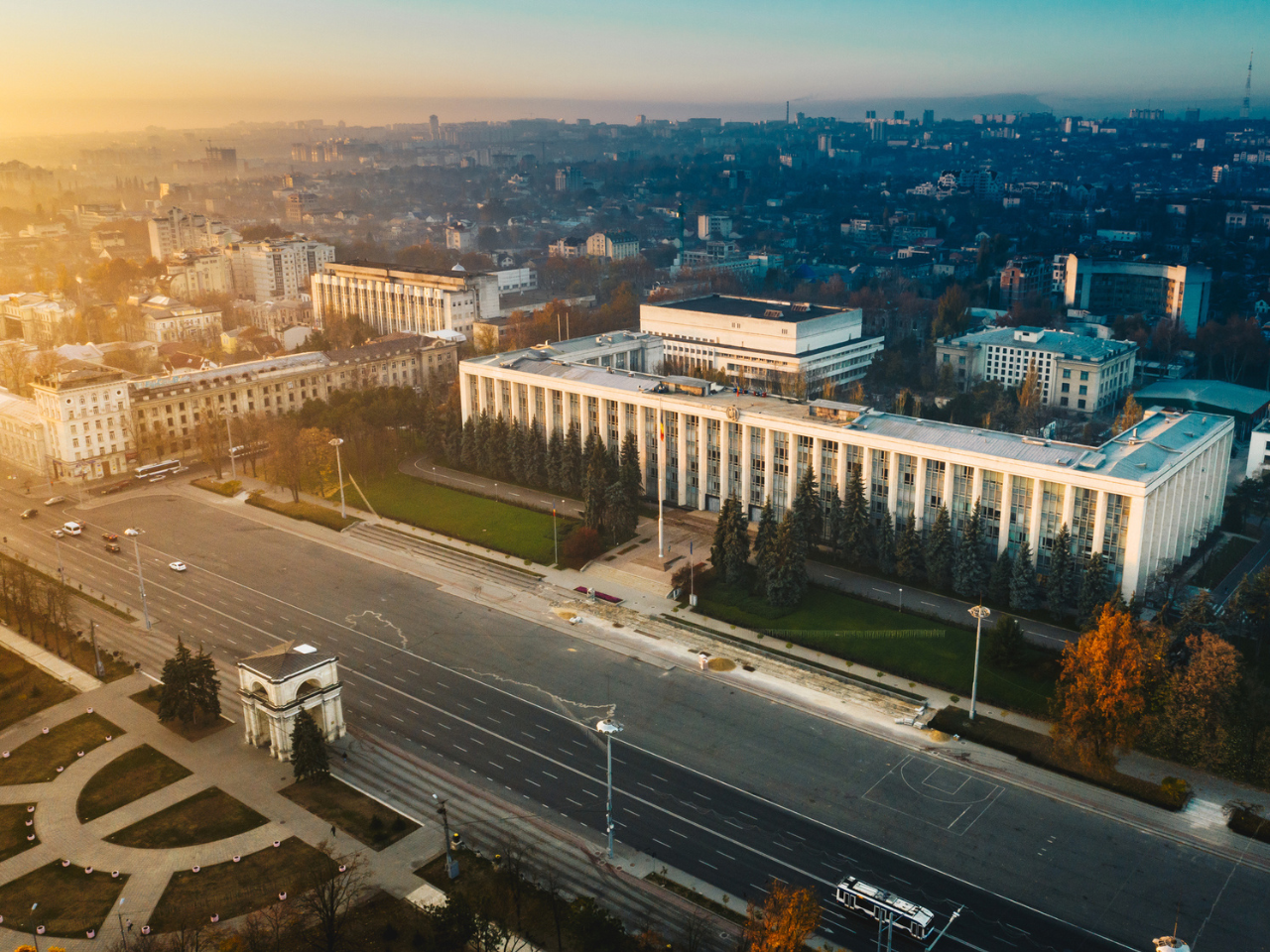Two projects address this important question
Landbell Group, in consortium with BlackForest Solutions and in cooperation with local experts, is delivering two EPR consultancy projects in the Association of Southeast Asian Nations (ASEAN) region.
Both projects, commissioned by The World Bank and the International Finance Corporation (IFC) focus on extended producer responsibility (EPR) for plastic packaging.
On 5 March 2024, an online event was held, presenting the main findings from these projects.
The workshop was attended by representatives of the public and private sectors, NGOs and academia in ASEAN.
Within the project led by the World Bank, a tool evaluating each country’s readiness for EPR implementation for plastic packaging was developed.
The tool, built around 13 main factors and numerous parameters within these factors, helps to identify potential gaps to facilitate EPR implementation.
Presenting the project tool and preliminary results
During the workshop, both the tool as well as the preliminary results from the seven project countries (Vietnam, Thailand, Indonesia, Philippines, Malaysia, Cambodia and Laos) were presented.
Among others, the experts shared highlights from the analysis of the EPR regulatory frameworks, plus assessments of the collection and recycling infrastructure and producer market, pointing out the main advantages and gaps per country and per region.
The challenges faced by ASEAN countries that will impact EPR implementation in these geographies are no different from those experienced globally, for instance:
- data is either non-existent, fragmented, outdated or unreliable
- definitions comprising EPR frameworks are missing, unclear or insufficient, and
- the informal sector’s role and expectations are usually not considered
Providing insights into EPR implementation at municipal level
The second part of the workshop, devoted to the IFC project, provided insights into EPR implementation at municipal level in the ASEAN region.
Here, local experts conducted studies in six municipalities in Vietnam, Thailand, and Indonesia.
The purpose of this project was to select municipalities in the ASEAN region where EPR implementation (as measured by metrics such as plastic waste diversion and reduction in mismanaged plastic wastes) has been particularly successful.
Another objective was to identify the combination of policy framework and business and technical models needed for the replication of EPR implementation in the region.
Sign up for our monthly
report COMPASS here:
Your email












